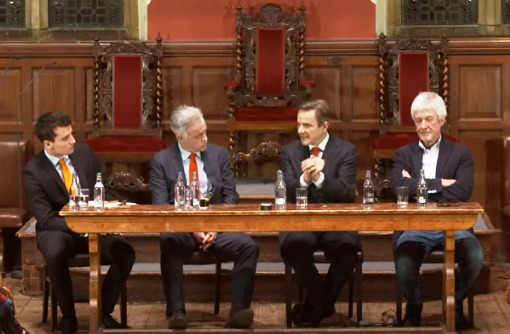Sharnya Rajesh
3:59
3:59
4:02
4:08
4:09
4:10
4:15
4:17
4:19
4:19
4:24
4:24
4:26
4:31
4:39
4:41
4:42
4:50
4:53
4:55
5:00
5:00
5:01
5:04
5:07
5:09
5:11
Connecting…







